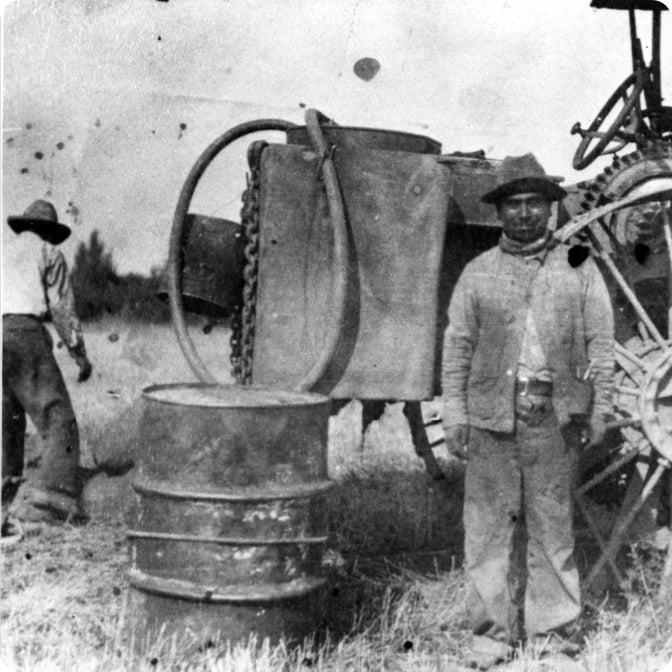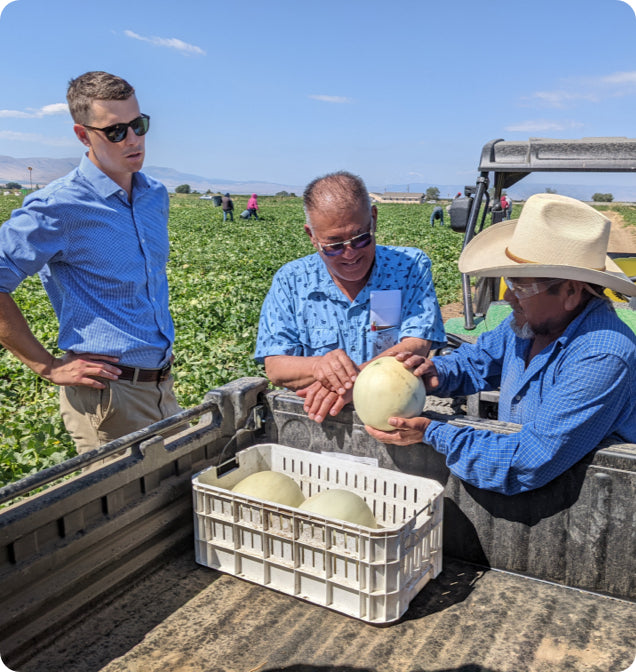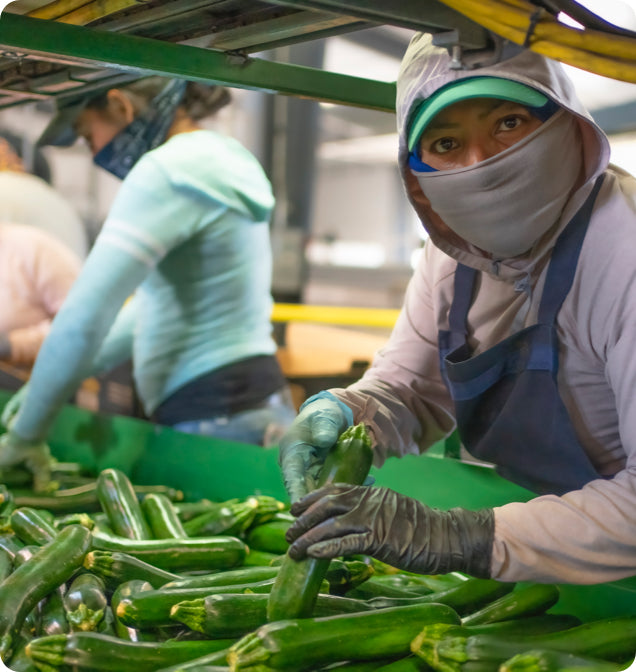
The story of Yakama Nation Farms begins with Shukishi Inaba, a Japanese immigrant who arrived on the Yakama Reservation in 1907. Along with his brother, they worked to develop lands near Wapato, Washington, establishing successful crops of hay, potatoes and wheat. Throughout this time, the Inaba brothers created friendships and business relationships with several Yakama families and non-native neighbors in the area. And despite decades of anti-Asian policies in the United States, these initial successes and relationships created the opportunity for the Inaba family to establish themselves among the farming families on the Yakama Reservation.

The Inaba Family, now celebrates 3 generations of family farming. With a focus on freshness, quality and innovative ideas, the Inaba family has evolved those early efforts into the very definition of a Family Farm. The family has been able to turn several monumental setbacks and restarts into a successful grow-pack-and ship produce farm that has withstood the test of time for over 100 years.

Contemplating retirement, the Inaba family started exploring options for potential buyers, and the Yakama Nation emerged as a front runner. After a series of negotiations, the sale was finalized and Tribe officially took over management of the farm in January of 2022. This action brought the family full circle, connecting them again with the Yakama Nation and continuing a relationship that had endured for a century.
Donate
Yakama Nation Farms has no plans of slowing down! With a focus on tribal food sovereignty and security, YN Farms is committed to continuing the excellent levels of quality and reliability established by the Inaba family. YN Farms and the Yakama Nation hopes to continue providing the region with high quality and organic produce through retained wholesale markets. There are also goals of reconnecting intertribal trade routes, expanding local food distribution partnerships and creating educational, training, and new economical development opportunities throughout the reservation.

Take a trip out to the farm and experience where the produce on your table is grown!